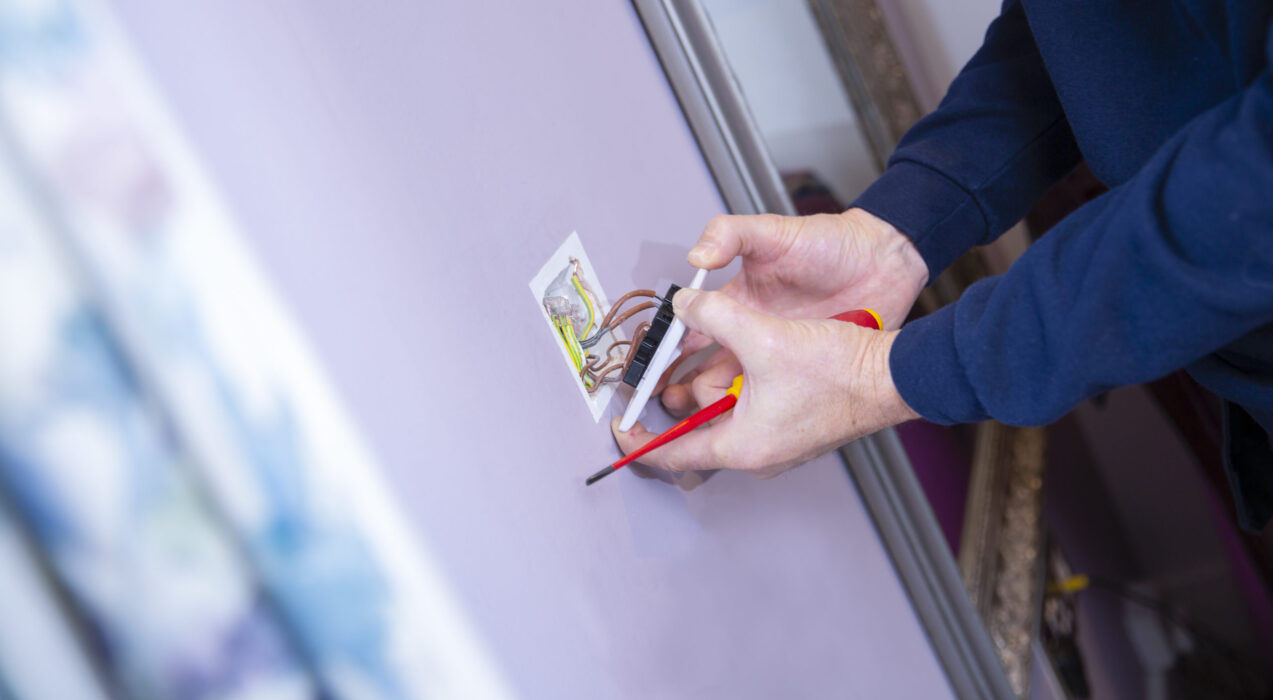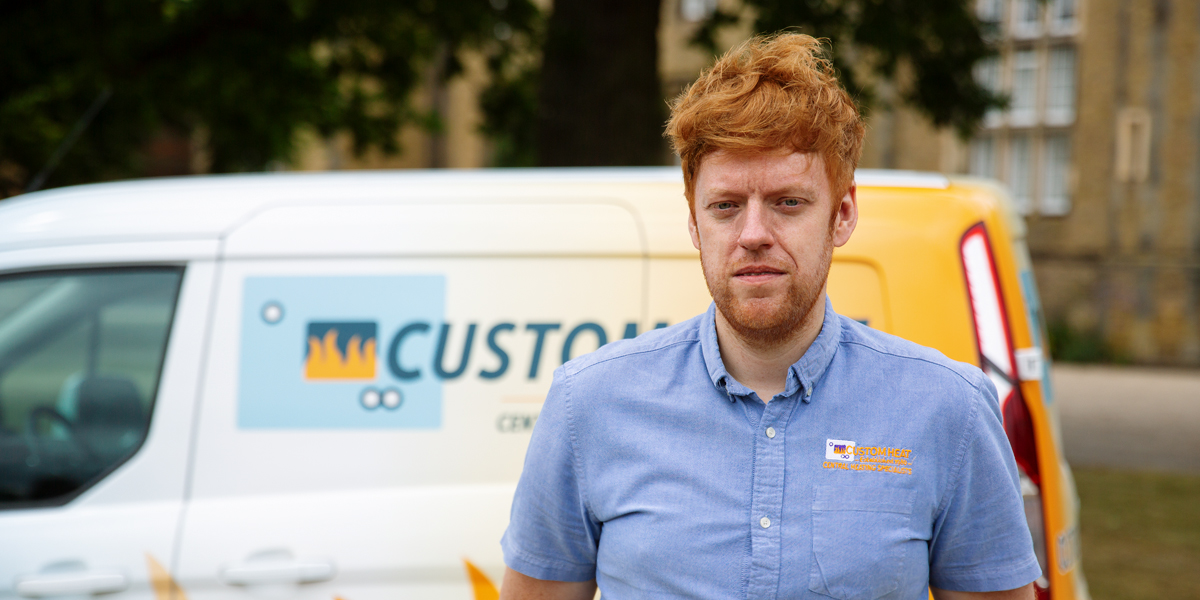
An expert’s guide to rewiring your house
Rewiring a house is no simple task – it’s a full-on job complete with carpets pulled up, cables rerouted through walls and dust everywhere you look. But, with prior planning and professional consultation, it doesn’t have to be a daunting endeavour. So, what steps can you take to rewire your house?
How do I know if my house needs rewiring?
The reasons for rewiring the home often fall under one of two situations. 1. You’ve just bought an older house to renovate and want to replace the old wiring. 2. A condition report (EIRC) has highlighted that the cabling is past its sell-by date and needs a rewire.
In recent years, however, changes to regulations have made it harder for individuals to identify whether they need rewiring from fuse boards alone. Fortunately, site visits by professional electricians can examine all aspects to identify the size of the job, any underlying faults, whether you need an EIRC, and whether it’s a full rewire or partial rewire that needs to be completed.
When it comes to pricing, every rewiring project comes with a bespoke package, itemised room by room for accuracy depending on how many sockets or downlights you need.
Step-by-step process
Once you’ve identified a need for rewiring, there are a few key stages to consider from site visits to proposals.
- 1. The rewiring process begins with an initial site visit which looks at the whole house, room by room.
- 2. The proposal follows this with a full outline of costs along with providing contact details at which point you can give the go-ahead or discuss pricing.
- 3. After this, there is a second general overview visit of where each room’s accessories, for example, electrical outlets and switches, will be placed around the home.
- 4. Finally, the work can be booked in and the rewiring takes place shortly after.
- 5. Finally, once all the rewiring work is completed, the walls can be replastered and painted.
How long does rewiring take?
From start to finish, rewiring can take around 4 weeks—including 2 weeks for booking after the consultations and 2 weeks until the service is complete.
Is there disruption when rewiring a house?
It’s important to consider whether you’ll be present at home or staying elsewhere during the rewiring process, as it can significantly impact how smoothly things go.
If you’re living in the house, having furniture in place and carpets laid can cause disruption. Every day you lose an entire hour in the morning and at night putting the floors back and getting lighting or sockets back on to use. That can mean over a 2-week job, four extra days are spent just to lift up what you’ve already put down.
We recommend staying at another property while the work is happening, especially if you’re elderly or have young children at home. But we know that it can’t be helped in many cases so where possible, try to clear the area so that rewiring can be as smooth and efficient as possible.
Why choose a professional for rewiring?
There’s no shortage of do-it-yourself videos out there on how to rewire a home, so why go to a professional? Every home has different sockets and ports, all with different ratings and cable sizes. When it comes to routing, you also can’t go diagonally across a wall to get from A to B – cables must be run in certain protective zones. Without clear knowledge of these important considerations, there could be dangerous consequences if you were to experience an electrical fire due to incorrect installation.
Rewiring in rented or owned accommodation:
Unlike privately owned homes, rental properties have to be tested by EICR every five years by law and again during any tenancy changes. If you’re moving into a rental, you can also request a certificate from the EICR to show that the wiring is safe.
For most homes, cabling has a shelf life of 25 years—and while some have tested perfectly up to 35 years, we recommend rewiring any older properties you might move into as a private owner.
Future-proofing your electrics
Thinking of getting an electric car or installing solar panels? Even if you’re not ready to add your own charger to the house yet, we recommend installing the groundwork for these at the same time as rewiring if you know it’s a possibility further down the line. This takes out the need for removing floorboards or replastering again, which can be doubly disruptive if installed after already completing your rewiring.
Use experts to ensure your safety
Our growing team of dedicated electricians are fully qualified to carry out all your electrical needs, from rewiring around the house to electrical safety testing. Contact us today for a free no-obligation quote, including a site visit to your property.


